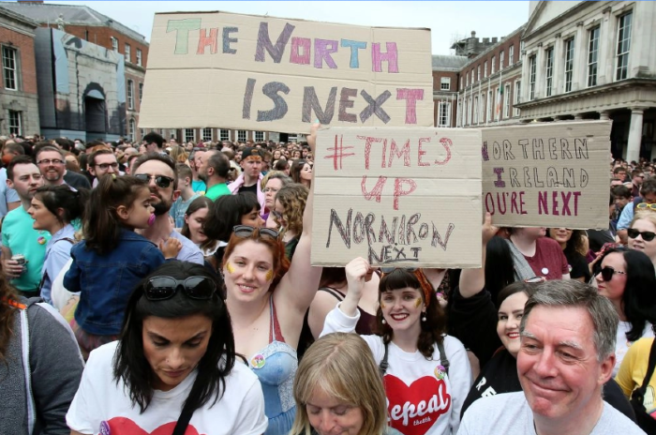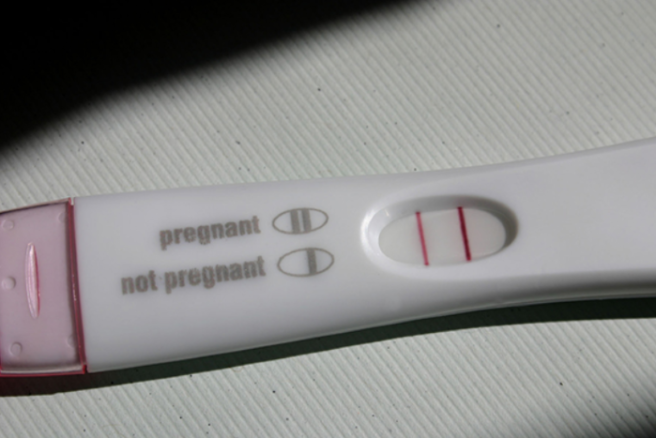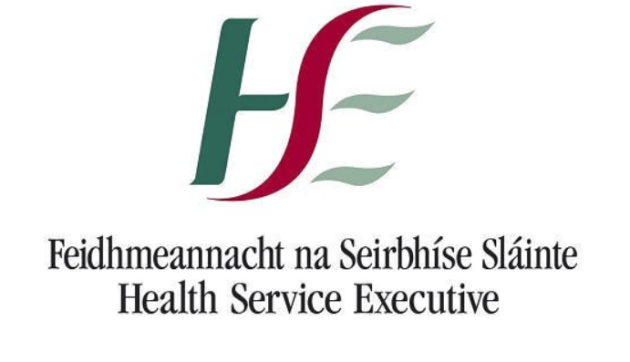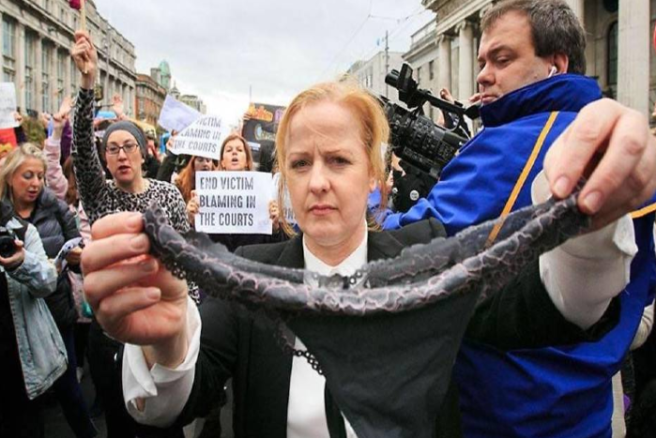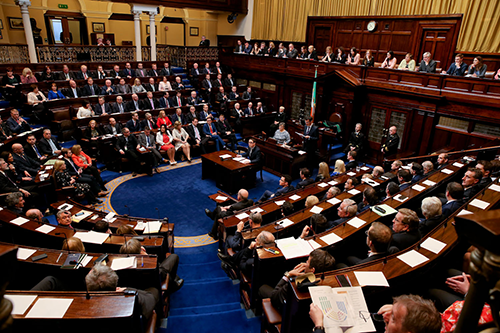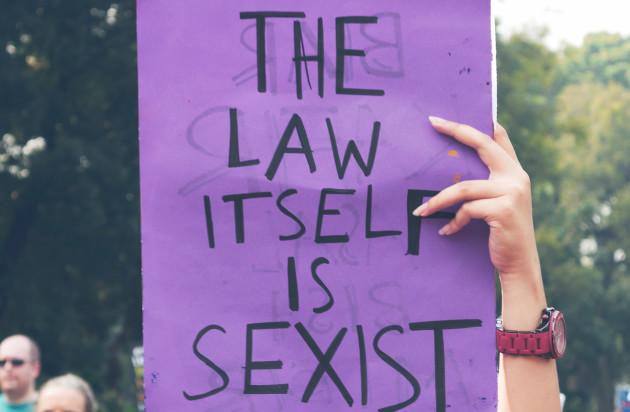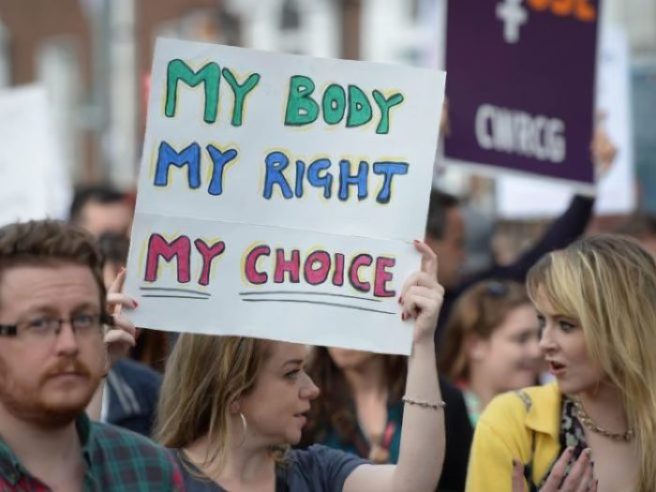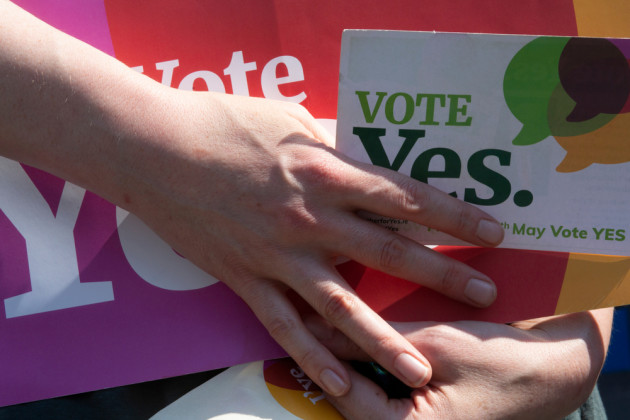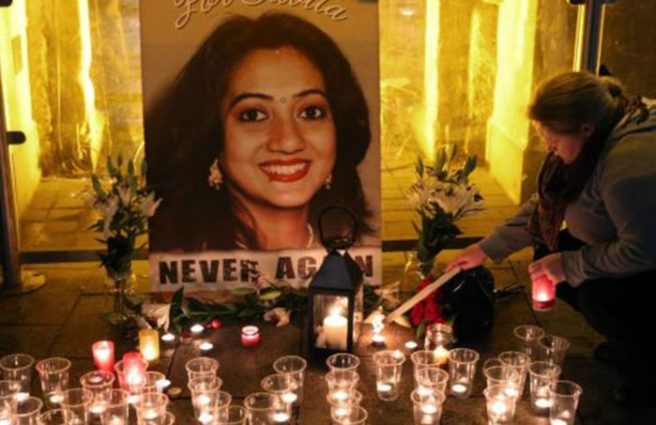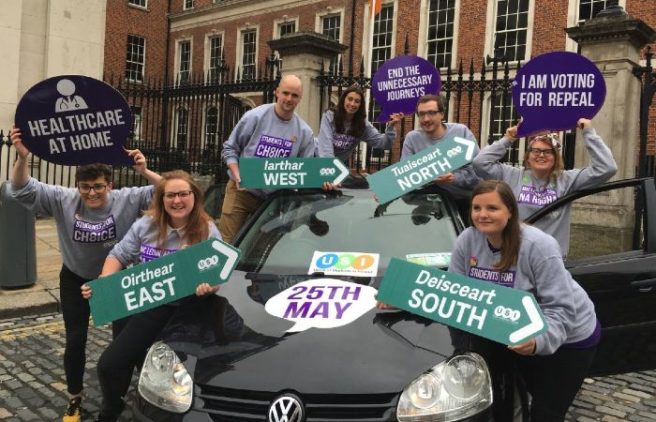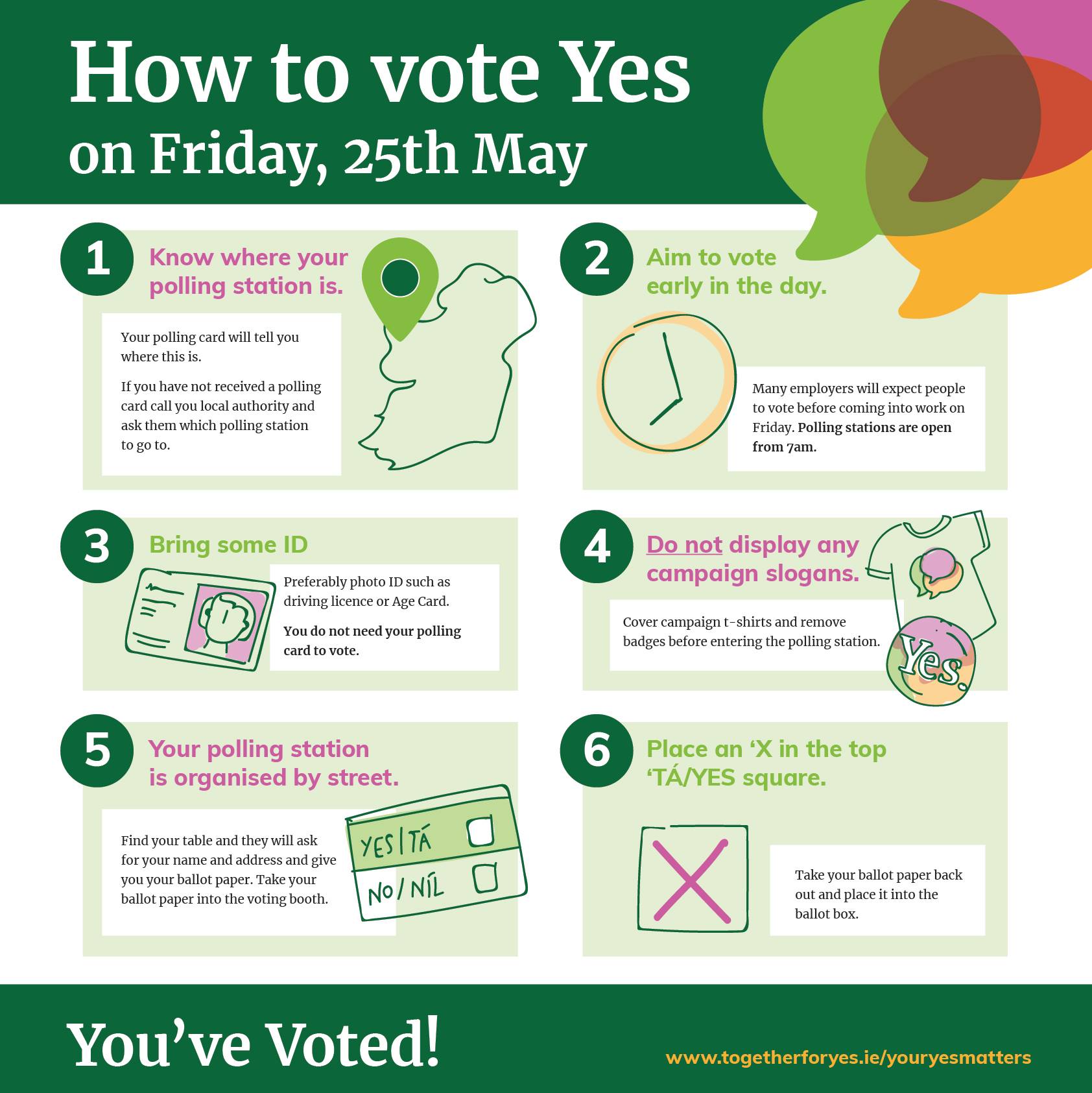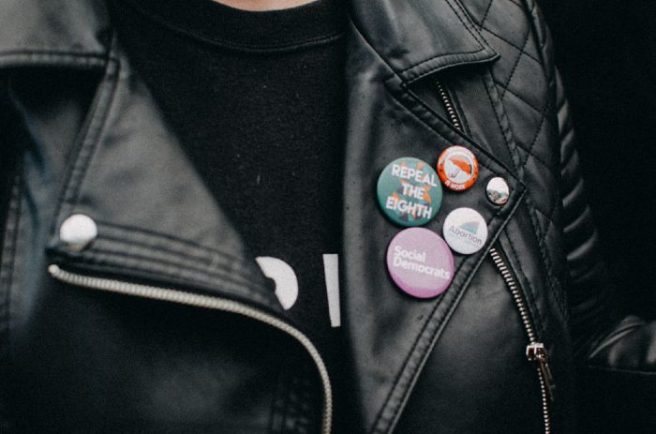Not many of our peers can say that we have read the full Irish Constitution, and yet it’s the most important political document in a country’s legislature.
Following the removal of the article regarding blasphemy, and of course the 8th Amendment, it’s time to turn back to the Irish Constitution, and examine what is left to be done to bring this document straight into the 21st century.
To start, the sexism, elitism and reductionist standards are alien to modern life, and the Irish people deserve a legal document which accurately represents all of its citizens.
In case we have forgotten from secondary school political history classes, Bunreacht na hÉireann was drafted way back in 1937, by the hugely conservative Éamon de Valera, who perfectly represented the conservative Catholic Church-state environment of the era.
By writing a new Constitution, de Valera embarked upon a very risky political strategy considering Irish political life at the time was hugely volatile. It replaced the Irish Free State Constitution of 1922, and therefore erased Article 3 which guaranteed “discrimination without distinction of sex.”
He revitalised his dream of Catholic women serving good, Catholic men in the home. Religious leaders also had a far-too-big input into the Constitution, including men who are now recognised as protecting child abusers.
Now, of course the entire religious community of Ireland weren't involved in abuse scandals, but it's important to note that a large group of them were, and were protected for years to the detriment of abuse survivors.
The Constitution has caused many a controversy, among them is the X case, where a young woman who was raped was denied the right to travel to the UK for an abortion. This was changed officially in 1992, as the 14th Amendment.
The right to divorce was only ratified in the mid-1990s, and even then partners had to be officially separated for four years. An annulment was next to impossible to get, even for those who were stuck in situations of abuse.
The protection for the life of the unborn still causes turbulence, seeing as it dramatically impedes female healthcare even outside of reproduction.
The legislation repealing the 8th has yet to come into practice, and is showing no sign of entering the healthcare system anytime soon despite it's valuable victory which took in 66 per cent of votes.
The right for members of the LGBQ+ community to marry was only passed in 2015. You cannot run for President until you turn 35, which would have ruled out some of Ireland’s major political candidates in the 1930s.
As recently as 2015, a shocking 73.1 per cent of the population voted against reducing the age to 21. Irish law appears to believe that age brings wisdom, rather than actual experience.
Many members of Irish society struggle with the union of the Catholic religion with the Constitution. It’s completely saturated with it. The opening lines to this day read:
“In the Name of the Most Holy Trinity, from Whom is all authority and to Whom, as our final end, all actions both of men and States must be referred, We, the people of Éire, Humbly acknowledging all our obligations to our Divine Lord, Jesus Christ.”
The oath sworn by the President of Ireland is “under almighty God.”
Article 44 on religion enshrines freedom of worship, but also notes that “The State acknowledges that the homage of public worship is due to Almighty God. It shall hold His Name in reverence, and shall respect and honour religion.”
So there’s not much room for expansion there, to say the least.
I mean, seriously? Four million inhabitants on the island, and the Constitution fails to separate Church and State, fails to acknowledge that there is another religion besides Catholicism, and other nuanced beliefs and practices.
Ireland is a diverse place, an Emerald Isle of nationalities and cultures, yet this piece of paper essentially only benefits elite, Catholic men in upper class positions. Like Éamon De Valera. Who had ZERO LAW EXPERIENCE.
Éamon De Valera cast a shadow over Irish women when he drafted it by ignoring pleas from Irish women’s councils to aid in writing the charter.
One of the most intensely problematic, not to mention out-dated articles is 41.2 the infamous ‘women’s place in the home’ section of the Constitution. By now there are zero doubts as to the sexism surrounding the enshrined words.
It reads as follows:
“In particular, the State recognises that by her life within the home, woman gives to the State a support without which the common good cannot be achieved.
The State shall, therefore, endeavour to ensure that mothers shall not be obliged by economic necessity to engage in labour to the neglect of their duties in the home.”
This essentially claims that women are needed to carry out their housework duties and care for children so that the real work (by men) can be carried out elsewhere, i.e. running the damn country. The duties of the home are elevated far above labour outside of domesticity.
Justice Minister Charlie Flanagan says that the issue of Article 41.2 is primarily one of gender equality, and it’s next to impossible to disagree with him. The article limits the role of women entirely, and completely rejects the notion of men as carers and fathers, which is also unfair.
Men must take responsibility as carers of those who are vulnerable in society, not simply children. The elderly, disabled people, sick relatives and friends are all part of this category, which places most of the burden on women alone for their seemingly ‘nurturing qualities’.
The contention surrounding the article is whether or not to replace it with an alternative, or just delete it altogether. We’re thinking… DELETE.
The emotional and difficult referendum on the 8th amendment has had a clear impact on Irish society, especially on Irish women, who have recognised the inequality which still plagues our country, such as sexual assault and violence, discrimination and unequal pay.
The Constitution Bill (38th Amendment) must make its way through both houses of the Oireachtas before the Irish people can have their say on Article 41.2 via a referendum.
Independent TD Clare Daly said in response to Charlie Flanagan that she “feels like laughing, to think that you see yourself as a champion of gender equality given some of the decisions of your government.”
Another Independent representative Mick Wallace added his own negative comments to the pile:
“I find it interesting that you speak of gender equality in the workplace when the greatest barrier to that equality is the cost of childcare and your government has done bugger all about it.”
Ireland has the second highest-price of childcare in the OECD, meaning that it is still mostly women who struggle to return to work following pregnancy as the costs of childcare make the situation impossible.
Orla O’Connor, acting Director of the National Women’s Council of Ireland, later added that Article 41.2 “has not supported the home and family, and in our opinion has diminished the position of women” in Irish society.
Dr Laura Cahillane of the University of Limerick’s school of law described the Article as “an embarrassment”, as well as “effectively useless in law”.
A Constitution is meant to embody the moral and legal aspirations of an entire country and it’s individual citizens, we shouldn’t forget this. Women have the most to gain from changes to the Constitution.
All of the civic service committee members which Éamon de Valera employed in order to help him draft the document were men.
Archbishop of Dublin John Charles McQuaid as well as the head of the Supreme Court were two major influences, both male. Only three women were TDs during this time, and none of them said a word during the Dáil debate on the matter.
Essentially, we aren’t part of this document, and this document isn’t part of us. We make up half of this population, and yet not a single word of the parchment portrays the female experience.







